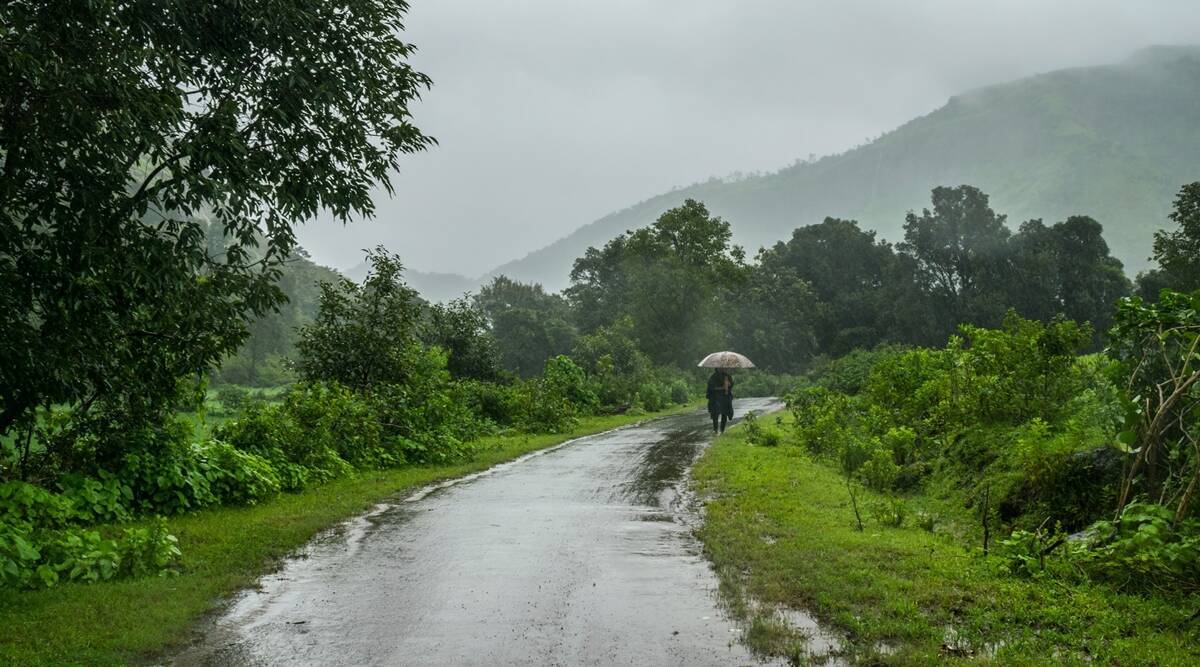 The government set up the Kasturiangan committee which produced a very faulty, unscientific report which further stated that local communities have no role in economic decisions, clearly in violation of our constitutional provisions,” Gadgil told The Indian Express.(Representational Image)
The government set up the Kasturiangan committee which produced a very faulty, unscientific report which further stated that local communities have no role in economic decisions, clearly in violation of our constitutional provisions,” Gadgil told The Indian Express.(Representational Image) Ecologist Madhav Gadgil has reiterated the report prepared by Western Ghats Ecology Expert Panel (WGEEP), which he headed, was scientific and pro-nature compared to the “unscientific” Kasturirangan report, based on which the Union environment ministry issued a draft notification that proposed declaring 37 per cent of the Western Ghats as ecologically sensitive areas (ESA).
“The Kasturirangan report does not dilute our original report but perverts it. If you take milk and add water to it, it is called dilution; if you take milk and add formaldehyde to it it is not dilution, but something quite different. The pro-nature WGEEP report was unpalatable to the powers. The government then set up the Kasturiangan committee which produced a very faulty, unscientific report which further stated that local communities have no role in economic decisions, clearly in violation of our constitutional provisions,” Gadgil told The Indian Express.
Gadgil added: “Our report on the Western Ghats was based on sound scientific information and feedback from central and state governments, zilla parishads, gram panchayats and people. The vested interests who are engaged in exhausting the country’s natural capital to make a fast buck were stacked against it. The Kasturirangan panel just kept the pretence of being engaged in protecting the environment.”
Gadgil’s comments follow those of Karnataka Chief Minister Basavraj Bommai, who also called the Kasturirangan report “unscientific” and said no notification will be issued without a high-level panel assessing the recommendations.
Subscriber Only Stories
Meanwhile, Dr TV Ramachandra, professor at the Centre for Ecological Sciences department of the Indian Institute of Science (IISc), said the notification of the ESA would neither affect the livelihood of people nor displace anyone.
“This would bring restrictions on environmentally disastrous activities (such as mining, conversion of native species forests, etc.). It would be appropriate, the individuals opposing the notification need to understand the significance by going through the report rather than just opposing without even going through the report. The sustenance of water and natural resources to sustain the livelihood of dependent populations is possible only by conservation and protection of ecologically sensitive regions,” he said.
Ecological sensitivity or fragility refers to permanent and irreparable loss of extant life forms or significant damage to the natural processes of evolution and speciation with the alterations in the ecological integrity of a region, he added.
Offering insights from the scientific study, Ramachandra said that the Western Ghats has been experiencing land degradation and deforestation due to higher loss of forest cover since independence with the unplanned developmental activities and fragmented governance.
“The evergreen forest cover has reduced from 16 per cent (in 1985) to 11 per cent (in 2018). The decline in native forests is due to unplanned developmental activities including unscientific afforestation of monoculture plantations (acacia, rubber, eucalyptus, teak), etc. In the past two decades, higher instances of floods and landslides were noticed due to abrupt land-use-land-cover (LULC) changes across the Ghats, especially in Kerala, and Karnataka. The soil’s water-holding capacity has been affected by the LULC changes, resulting in flash floods across the states,” he said.
Ramachandra also added that it is imperative to maintain the ecological integrity to sustain the livelihood of the population dependent on farming. “65 per cent of our population depends on farming for livelihood. Protecting their interest is vital for the healthy economy of our nation. Individuals with vested interests are rather interested in their agenda of pilfering vital ecosystem goods for their benefits and deprive millions of dependent populations in peninsular India of their right to adequate water,” he said.
- The Indian Express website has been rated GREEN for its credibility and trustworthiness by Newsguard, a global service that rates news sources for their journalistic standards.

